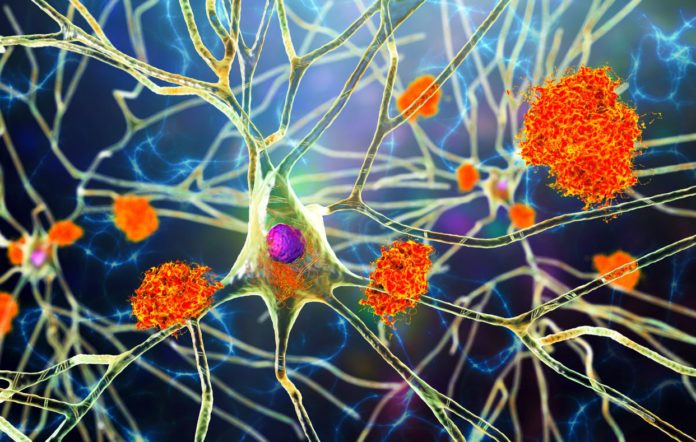A blood test to detect Alzheimer’s early in the disease’s progression is now one step closer to being developed, according to researchers from Macquarie University’s Centre for Ageing, Cognition, and Wellbeing.
A study published in Alzheimer’s & Dementia: The Journal of the Alzheimer’s Association demonstrates that a number of blood biomarkers reflect the main symptoms of Alzheimer’s disease, the most prevalent type of dementia. Professor Ralph Martins and colleague Dr. Pratishtha Chatterjee are the paper’s lead authors.
The standard clinical testing used today, according to Professor Martins, only offers a possible or likely diagnosis of Alzheimer’s.
Cerebrospinal fluid samples and brain imaging can determine whether a person has Alzheimer’s, but these tests are intrusive and pricey, therefore they are not frequently carried out, according to the author.
Blood biomarkers would be inexpensive, simple to obtain, and capable of delivering high throughput testing.
Early diagnosis confirmation is crucial because it enables patients and their families to better plan for issues in the future, opens up opportunities for them to participate in clinical studies, and lowers the expense of screening individuals for these trials.
The data used in the study comes from the Australian Imaging Biomarker and Lifestyle Study of Aging (AIBL).
Dr. Chatterjee asserts that they discovered that a panel of blood-based biomarkers, which include amyloid beta (Aβ42/40 ratio), phosphorylated-tau181 (p-tau181), and glial fibrillary acidic protein (GFAP), had strong discriminative efficiency for Alzheimer’s disease from preclinical to dementia stages with an accuracy of 85 to 95%.
“We also showed that low plasma Aβ and high p-tau181, GFAP and neurofilament light chain (NFL) levels were associated with faster future cognitive decline, and low plasma Aβ and high p-tau181 and GFAP were associated with faster future brain Aβ accumulation,” she adds.
“Over 36 months,” adds the author, “plasma Aβ decreased, and p-tau181 and GFAP increased, at a faster rate in people with mild cognitive impairment when compared to healthy people, and GFAP and NFL increased at a faster rate in Alzheimer’s disease when compared to healthy individuals.”
The clinical cut-off points will now need to be validated for use in clinical settings, according to Dr. Chatterjee, who also recommends looking at individuals with comorbidities and those from diverse ethnic backgrounds.
Image Credit: Getty
You were reading: Detecting Alzheimer’s Early Could Be Easier With A Simple Blood Test
